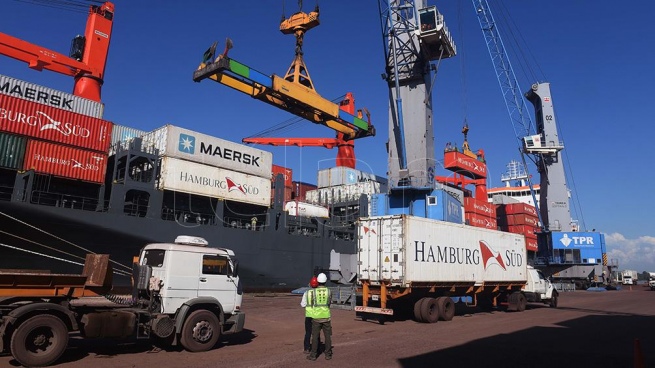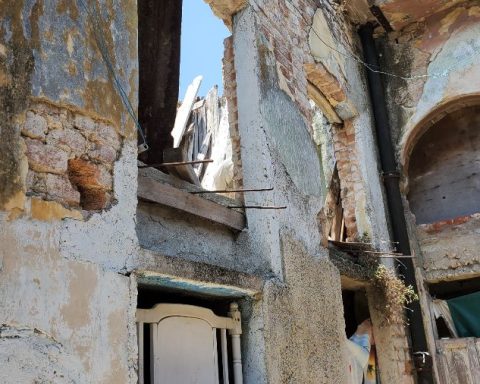A new import system, which will seek to give greater order and complete traceability to operations and avoid cases of overinvoicing, abusive use of injunctions and other irregular mechanisms, will come into operation on October 17, official sources reported this Saturday.
In less than two weeks, the Import System of the Argentine Republic (SIRA) will begin to operate based on a joint resolution between the Ministry of Commerce and the Federal Administration of Public Revenues (AFIP) to replace the Comprehensive Import Monitoring System (SIMI) which will be deprecated.
This new system will allow “to have 100% traceability of the operation, trying to order the scheme and giving it predictability when the importer begins the process and thus knows the estimated turnaround date,” explained sources from the Ministry of Economy.
The decision to put this new scheme into operation responds to the results obtained through the review of the SIMI by the Ministry of Economy and the AFIP, which in a joint effort of 60 days were able to detect the repeated registration of SIMI generating a duplication of them.
From the beginning of the year until September 27, imports were registered for US$ 57,531 million in FOB value, while those same importers for the same merchandise registered SIMI for US$ 94,076 million.
From the beginning of the year until September 27, imports were registered for US$ 57,531 million in FOB value, while those same importers for the same merchandise registered SIMI for US$ 94,076 million, which means “65% more SIMI presented for what that was imported.”
Other irregularities that the review verified were SIMI registered for amounts that exceed the annual measure of imports, with examples of companies that in a normal year imported for US$25 million, but that presented SIMI for US$128 million.

SIMI were also discovered that include merchandise outside the category or with altered tariff positions to overcharge future imports through triangulation, for which 715 companies with 28,000 operations for US$ 650 million were reported, the sources reported.
In addition, the “abusive use of precautionary measures was registered through the massive presentation of SIMI for amounts close to US$ 4,000 million and also companies with inaccurate sworn statements to irregularly obtain CEF (Financial Economic Capacity).
The decision to put this new scheme into operation responds to the results obtained through the review of the SIMI by the Ministry of Economy and the AFIP
Based on these issues that occurred within the framework of the previous system, the national government will put into operation the SIRA, which seeks greater transparency, traceability and predictability in import operations.
For the approval of the permits through the SIRA, an analysis of the financial economic capacity of the importer and the customs and fiscal risk profile will be taken into consideration.
At this point, companies that have apocryphal invoices, overinvoicing of imports and those that make abusive use of precautionary invoices will be taken into account.
Also There will be a Single Foreign Trade Current Account, which will allow the State to have a kind of control panel to carry out real-time monitoring of the financial and physical flow of foreign trade.
“That will allow us, from the time the SIRA is born until the transfer is produced, to have dispatch traceability by import clearance, the bank from which the transfer was made, since the SIRA corresponds,” they explained.
Also facilities will be established for SMEs and civil entitiesgiving companies predictability in the turnaround date, which could be shortened to 60 days from the current 180.
Another point is the facilitated procedure for importers who do not require access to the Single Free Exchange Market (MULC), but who seek to import with their own dollars.
Finally, the validity of those SIMIs that have been approved will be maintainedwhich already have dispatch and merchandise entered, while those that are pending approval must be presented again.
As for services, the Import System of the Argentine Republic of Services Abroad (Sirase) will be established together with the SIRAwhose main points coincide with the importation of merchandise.
Here, too, the problem of freight overbilling is pointed out, among other points, for which “a range of reference prices in the value of freight port by port” will be published.
“We are going to be fairer and more equitable with all taxpayers, because the fact that so many injunctions are filed or that they violate the regulations, there is bureaucratic work that is going to make it much more systemic and agile, and thus whoever does not comply, is not going to hinder those who do,” the sources concluded.


















